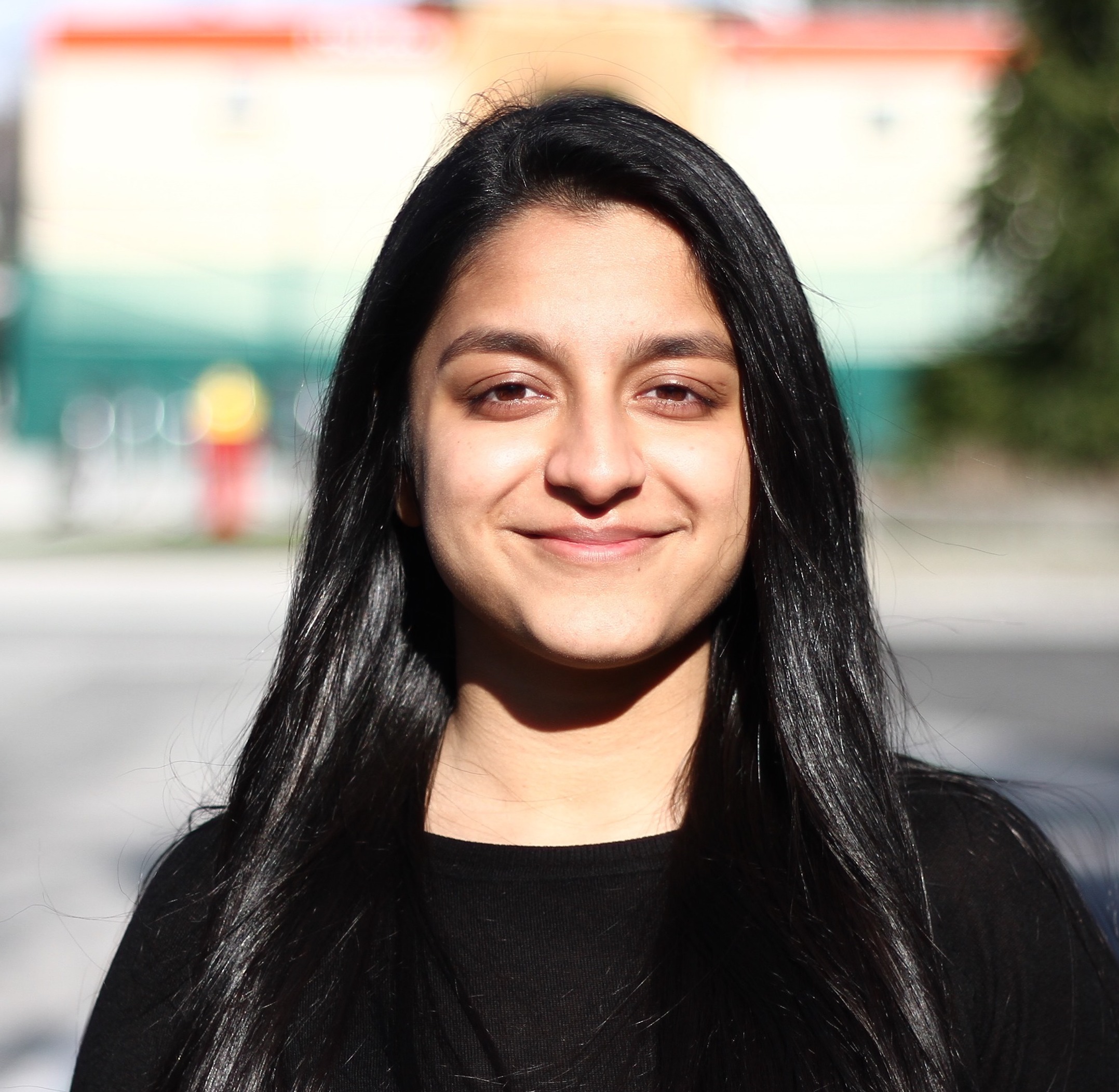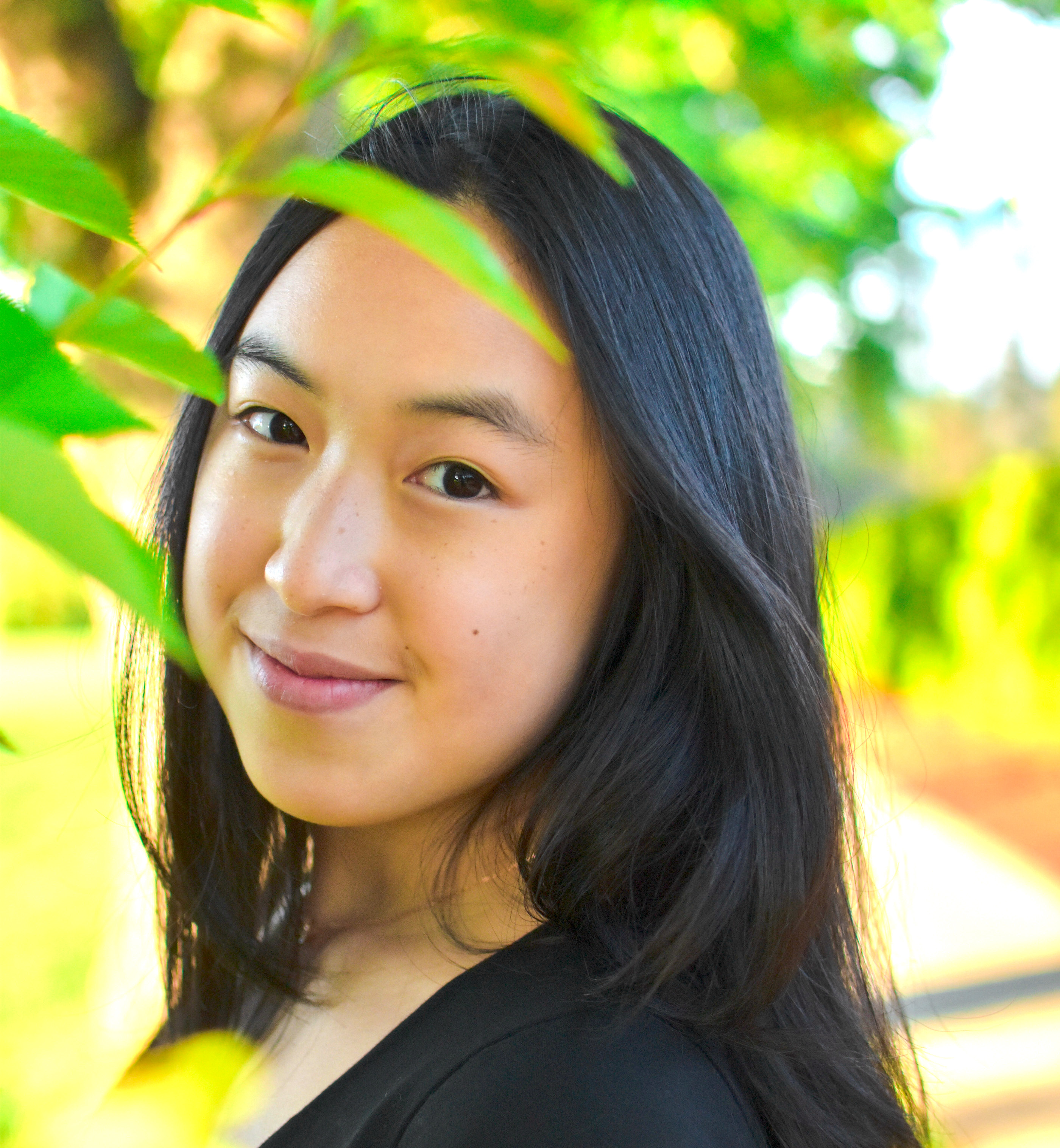Whether you’re travelling to Canada from Dubai or Dublin, self-isolating for 14 days is a requirement this year.
Are you an international student coming to campus for Term 2 and want to know how to prepare for self-isolation? Or maybe you’re already in Vancouver but planning to go home over the holidays, and you’re not sure what the self-isolation experience will be like once you return to Canada?
To help guide you, we asked 3 UBC students who have been through self-isolation to give us their best advice. These students—4th year Sasha from Ukraine, 3rd year Mili from Delhi, and 3rd year Renee from Hong Kong—went home over the summer and came back to Vancouver for the fall term.
All 3 of them self-isolated after coming into Canada, but if you need to self-isolate for other reasons (such as recent contact with someone who has tested positive for COVID-19), these tips can still help you through the experience. Here’s what they had to say!
Prepare for your experience
 |
“Recognize the isolation that you’re about to go through, especially if you’re coming from a country with lighter restrictions. The quarantine restrictions for each country are different, so be aware of what kind of restrictions are in place for BC beforehand.” Mili |
 |
“I was initially going to get a grocery delivery service but some family friends helped out by dropping off groceries. If you’re able to get a friend or a delivery service to drop off groceries, you should try to coordinate that before you arrive.” Renee |
 |
“I isolated through UBC’s self-isolation accommodations. I spent my 14 days at Walter Gage and I registered online in advance to let them know when I would need the service. I didn’t have to worry about meals either as the program provided me with food for the 14 days.” Sasha |
Establish a daily routine
 |
“I have a playlist that I like to listen to in the morning to get me excited for the day. My entire routine was a must-have—I had to wake up, have a shower, and listen to my playlist to start my day.” Mili |
 |
“I would make an avocado toast every morning. I’m from Hong Kong and the price of avocados are on average $7 to $9. Being back in B.C., I had to take advantage of the price. It was a great way to start my day and tasted so good.” Renee |
 |
“I liked to exercise to clear my mind every day. It helped me to keep my body and mind strong through the experience. Exercise can definitely help to combat anxiety and depression that might come out through self-isolation." Sasha |
Talk to friends and family
 |
“Each morning, I would make tea and call my friends to study together. It helped me to stay focused on my school work and catch up with friends. Call your friends so that it’s not just yourself every day as it can be very isolating.” Renee |
 |
“Studying with friends on Zoom helped to keep me accountable. You can lose your sense of time and accountability with your academics in quarantine. It’s nice if you have other friends who are also in self-isolation to come up with a study schedule together.” Mili |
 |
“I reconnected with friends online and would call my parents back home every day. It wasn’t always easy to keep in touch because not everyone is in isolation with you. When your friends or family aren’t available to talk, I recommend a soft plushie toy—whatever makes you feel cosy and reminds you of warm memories.” Sasha |
Recognize isolation as time for yourself
 |
“It was my second time going into self-isolation so I made my mental health a priority. You have to remember that even when you have other responsibilities, you yourself are a priority.” Renee |
 |
“Throughout the two weeks, you’re going to feel like you want to get out. Try to figure out how to deal with negative emotions in advance and expect that you might go through some lows. Find out what works for you because everybody has their own way of dealing with their emotions.” Mili |
 |
“It was nice to have the time for myself. Appreciate the time in the beginning and don’t count the days. I listened to audiobooks on mental wellbeing to keep me motivated and work on myself. If you do get down about the experience, try and make plans for what you’re gonna do when you get out.” Sasha |
You’re not alone
Self-isolation can be a challenging experience, but preparation and self-care can help you get through it. Remember that you’re not alone—leaning on friends and family can help remind you that self-isolation, however tough, is a temporary experience.
If you’re an international student planning to travel to Vancouver in the next few weeks, be sure to check out UBC Vancouver’s guide to self-isolation for more comprehensive tips and resources.


